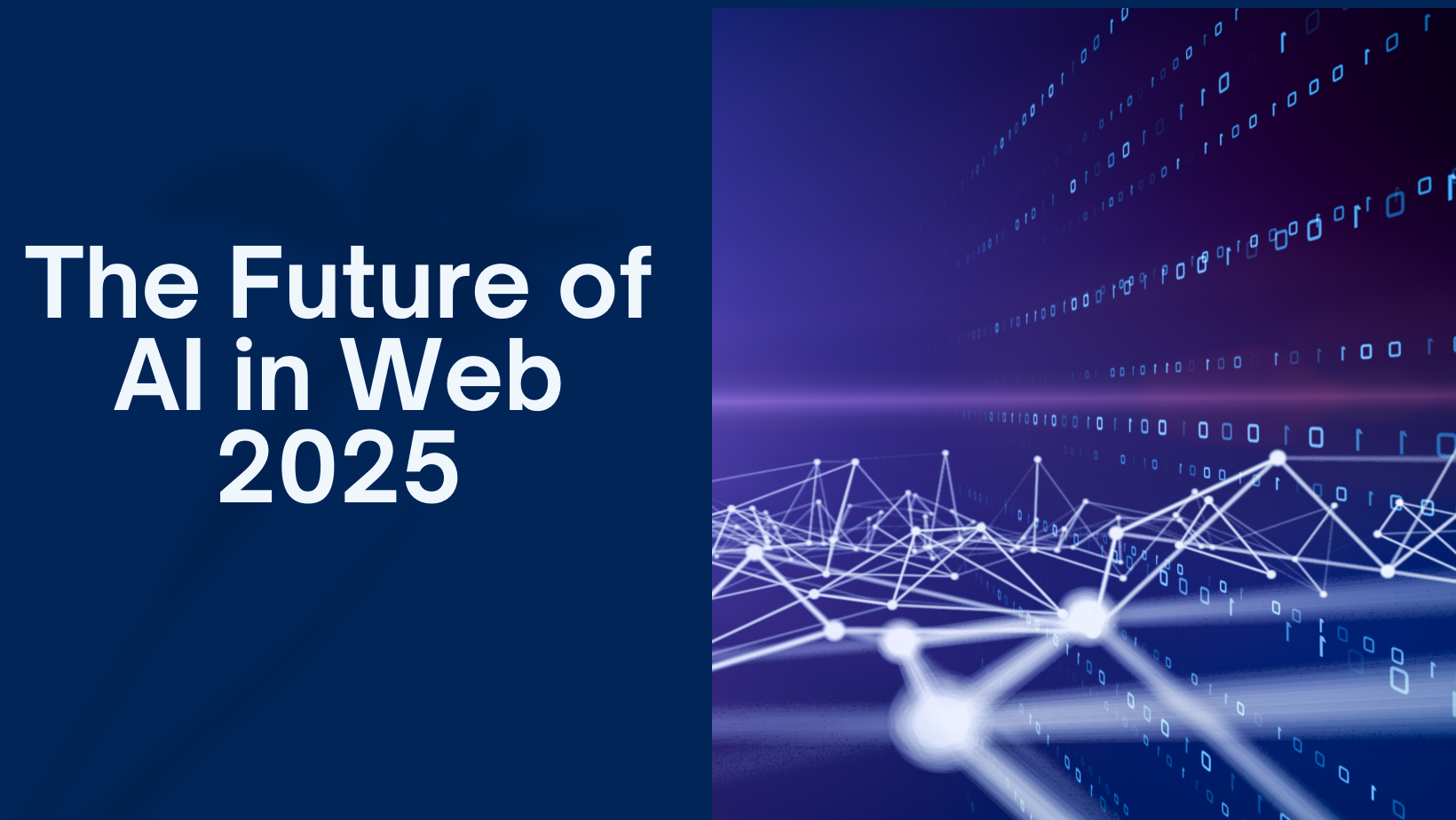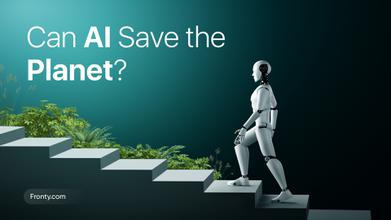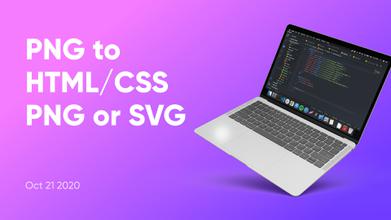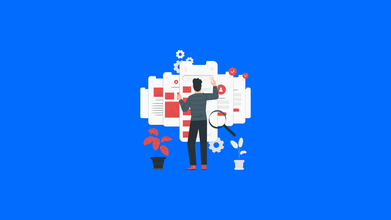The Future of AI in Web Development: Trends for 2025
May 21, 2024 14172 seen
The Future of AI in Web Development
As all AI models evolve in front of us, with the release of ChatGPT4, I'd like to discuss briefly on AI in web development. AI is already making big changes in the field of chatbots and virtual assistants. These AI-powered solutions can offer customers individualized support and guidance, enhancing their entire experience with a website or web app. AI can also be used to generate content by autonomously creating text, graphics, or code depending on user input or data analysis. AI may also significantly improve website performance and user experience.
1. Increased Use of AI in Web Design
AI-powered design tools are growing more advanced, allowing designers to develop responsive, visually appealing, and user-friendly websites with less work. These systems can assess user behavior, preferences, and feedback to automatically recommend design enhancements. By 2025, we may expect these AI tools to be much more intuitive, providing real-time design recommendations and automating regular chores, allowing designers to focus on more creative elements of their work.
Example: AI-driven platforms like Fronty already allow users to convert images to HTML/CSS code. Future iterations of such tools could include more advanced features, such as real-time design updates based on user interactions and preferences.
2. Personalization and User Experience
Personalization has become a critical component of modern web development. AI can analyze massive volumes of data to better understand user behavior and preferences, allowing for the creation of personalized experiences. By 2025, AI is predicted to deliver even more detailed customisation, anticipating user wants and providing tailored content and recommendations.
Example: Websites could use AI to adapt their content dynamically based on user interactions, ensuring that visitors always see the most relevant information and products.
3. AI-Powered Chatbots and Virtual Assistants
Chatbots and virtual assistants are already transforming customer service on websites. These AI-powered gadgets can handle a variety of activities, including answering frequently asked inquiries and assisting with online purchases. By 2025, chatbots are predicted to be much more intelligent, capable of understanding and replying to complicated queries with human-like precision.
Example: Future chatbots might not only assist with customer service but also provide personalized shopping experiences, guide users through complex processes, and even perform tasks such as booking appointments or making reservations.
4. Automated Code Generation
AI is making strides in automating code generation, helping developers to write cleaner, more efficient code. Tools like GitHub's Copilot, which uses AI to suggest code snippets, are just the beginning. By 2025, we can expect more sophisticated AI tools that can write entire sections of code, debug, and even optimize existing codebases.
Example: An AI tool could analyze a project's requirements and generate the initial code structure, allowing developers to focus on refining and adding unique features.
5. Improved Web Security
Cybersecurity is a significant concern for web developers, and AI is playing a pivotal role in enhancing web security. AI algorithms can detect and respond to threats more quickly than traditional methods. By 2025, AI is expected to provide even more robust security measures, identifying potential vulnerabilities and preventing attacks before they occur.
Example: AI-driven security systems could monitor web traffic in real-time, flagging suspicious activity and automatically implementing countermeasures to protect sensitive data.
7. AI in SEO and Content Creation
Search Engine Optimization (SEO) and content creation are critical aspects of web development. AI is making significant strides in these areas by analyzing search patterns, optimizing content for better visibility, and even generating content. By 2025, AI tools could become indispensable for creating high-ranking, engaging content.
Example: An AI tool could analyze the top-performing articles on a given topic and generate new content that is optimized for search engines and tailored to the target audience's interests.


